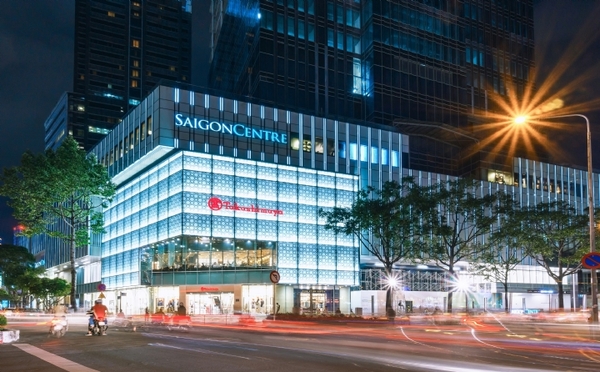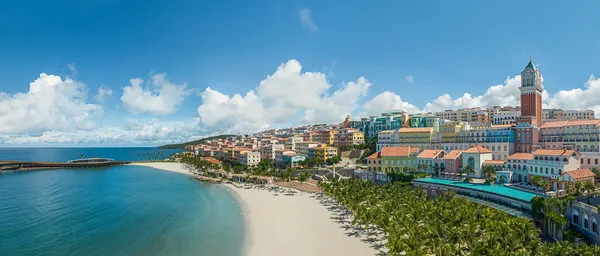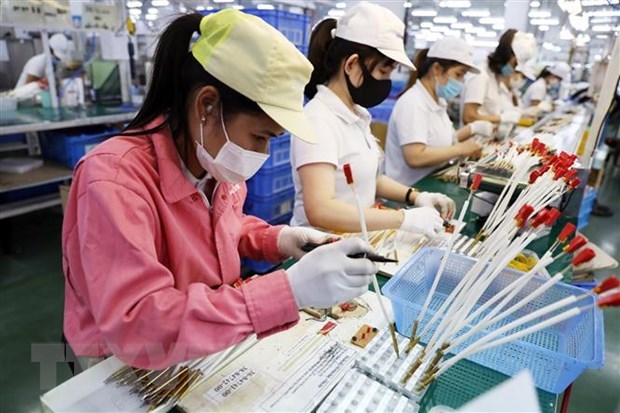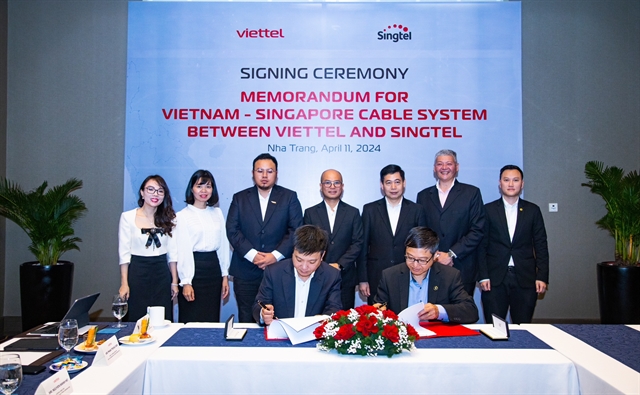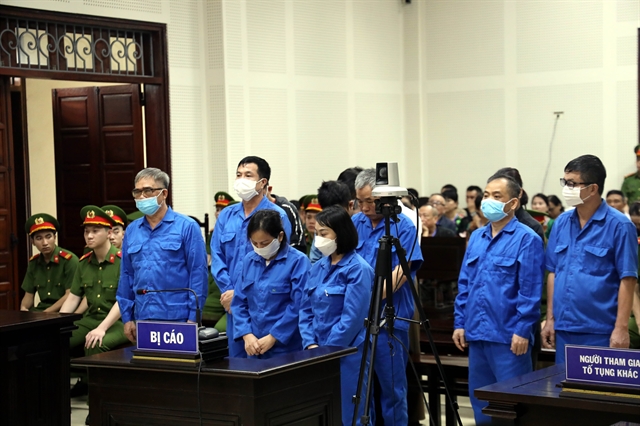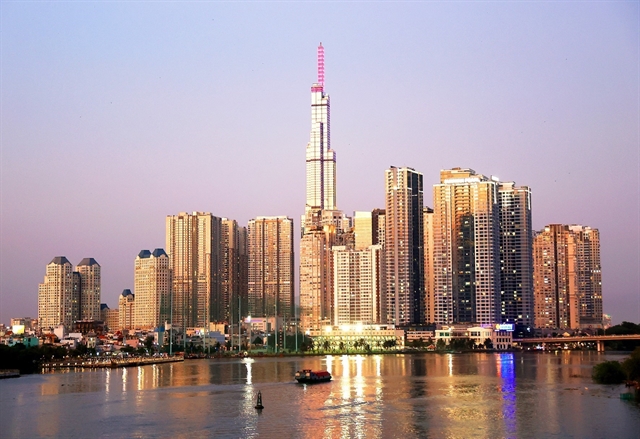 Society
Society

Ride-hailing services like Uber and Grab have already transformed the urban transit landscape. With new options for consumers, however, come planning challenges for city leaders, experts said yesterday at a conference in Hà Nội.
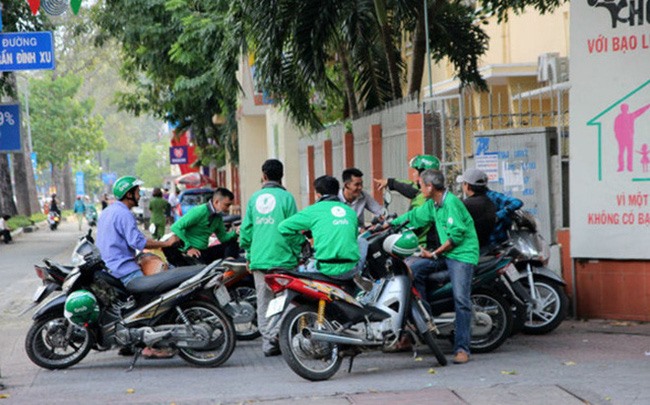 |
| Uber/ Grab are providing new options, bringing more convenience to consumers. — VNS File Photo |
HÀ NỘI – Ride-hailing services like Uber and Grab have already transformed the urban transit landscape. With new options for consumers, however, come planning challenges for city leaders, experts said yesterday at a conference in Hà Nội.
Nguyễn Đức Thành, director of the Việt Nam Institute for Economic and Policy Research and organizer of the "Urban Transport Planning Policy in the Digital Age" conference said that Uber and Grab are significantly different from traditional taxis. Urban planners haven’t yet figured out how to regulate them proactively, he said.
In Việt Nam’s big cities, he noted, reactive policies have included efforts at prohibiting operation and limiting the number of ride-hailing vehicles allowed to operate.
At the roundtable, experts said banning services like Uber and Grab would likely prove impossible. Instead, the Government should enact policies to level the playing field between ride-hailing apps and traditional taxis.
The ride-hailing services, experts said, represent just one aspect of a much broader movement towards new technologies that are changing the country’s socioeconomic situation. For example, Uber and Grab have disrupted traditional taxi drivers’ employment.
According to Phạm Thế Anh, an economic expert from the National Economics University, how the Government chooses to respond to the rise of Uber and Grab could be a litmus test for how it will react to the increasing role of science and technology in people’s daily lives.
"If we reject the Uber and Grab or impose barriers to this type of technology, it will mean we are claiming that we promote technology and business, but the reality will not be so, " he said.
But he added that there was a need for the effects of Uber and Grab on consumers, service providers and traditional taxi drivers to be regulated.
Đặng Quang Vinh, economic expert from the Central Institute for Economic Management, said that if the Government restricted ride-hailing apps, it would be stifling innovation and competition.
“It will slow down the country’s innovation, the stimulation of the economy,” he said.
On the same point, lawyer Trương Thanh Đức, Chairman of the BASICO law firm, said that Uber and Grab represented a modern new model that was bringing convenience to consumers and reducing costs for society, users and businesses. Instead of banning ride-hailing companies, he said, the state should encourage them.
"Why is there a fight between the traditional taxi and Uber and Grab?” he said. “Because we have tight and strict policies for traditional taxi. Since there are 13 conditions for normal taxi business, it is very difficult and costly for them to compete with new services.”
A traditional taxi driver, Phạm Văn Hà, admitted that Uber and Grab bring significant benefits to customers. He still had concerns, however, about unfair competition.
While the Uber and Grab cars could change a per-minute fare, the traditional taxi meter rates could only be set by authorities, reducing taxis’ ability to lower prices to meet the competition. Moreover, Uber and Grab cars, frequently unmarked, are able to travel routes that traditional taxies cannot.
Recently authorities in Hà Nội, HCM City and Khánh Hòa Province recommended the Government ban new ride-hailing cars because of urban congestion. At a recent meeting, Vice Minister of Transport Nguyễn Hồng Trương said that the ministry would not ban Uber and Grab cars but would temporarily stopping granting new operation licences in five cities.— VNS

